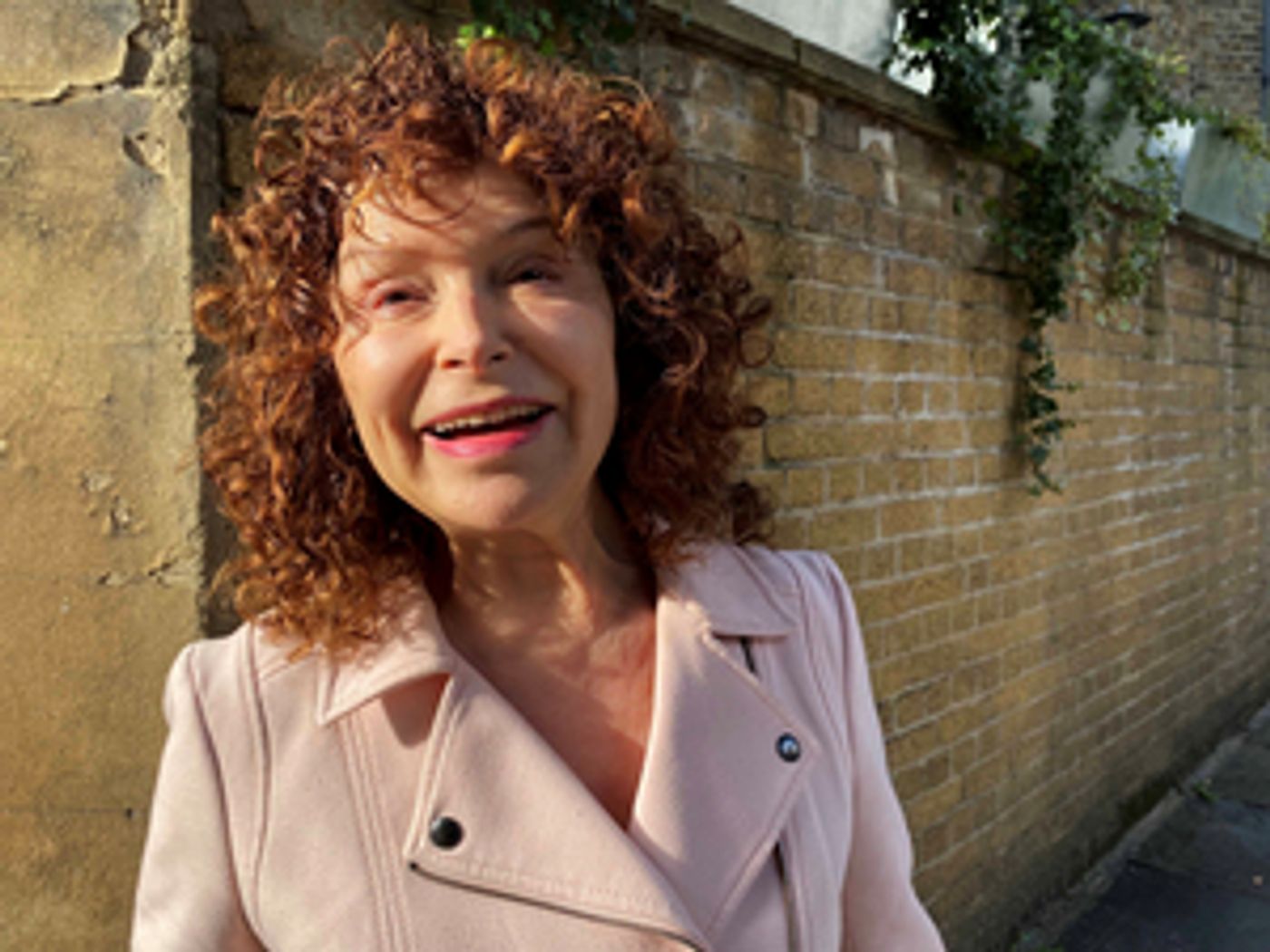Guest Blog: Julia Pascal: the Writer and Director on Exposing Hidden Jewish Narratives and her New Play 12.37
12.37 runs at the Finborough Theatre from 1 - 21 December

"Jews Don't Count" wrote David Baddiel in his provocative book analysing how Jews are treated as a 'difficult' minority in British identity politics. As a playwright and theatre director, Jews have always counted for me. The majority of my stage plays spotlight hidden Jewish narratives.
My play Crossing Jerusalem, commissioned by the Tricycle Theatre, explores Jews and Palestinians during the 2002 intifada. Houses were packed for the production and also at a second showing at the Park Theatre. Surprisingly, the play has not been picked up by any British national theatre. One of the reasons for ignoring Crossing Jerusalem is, I believe, that it not clear if the text is pro or anti-Zionist. It is, of course, neither. Rather it expresses complex voices that I have heard in Israel-Palestine over many decades.
And Jews must be categorised and stereotyped as we know from the scandal of the Herschel Fink incident at the Royal Court. As I write, The National Theatre's The Lehman Trilogy is enroute for a West End revival. This is an updated Shylock play for our times. The gloating figure of the money-loving Jew rides again. Perhaps British theatre supremos are uninterested in nuanced Jewish characters.
12:37 is my second play set in this disputed political and geographical territory. It is set between 1935 and 1948, a historical period which, I believe, still has an effect on us.
During the 1990s I met several Jews who had been fighting in Palestine against the British between 1945 and 1948. Hungarian-born Kariel Gardosche, aka the cartoonist Dosh, was one. In 1942, he escaped the Nazis. He joined the Yugoslav partisans before landing illegally in British Mandatory Palestine. He painted anti-British posters and was imprisoned in Acre jail.
In the 1980s, I met him when he was the Cultural Attaché in London for Menahim Begin's Likud government. I also interviewed British Jews, who had been terrorists against the British in Palestine. This research made me aware of a neglected but important anti-colonial history which is both Jewish and British. I am aware that this history may make some British Jews feel uncomfortable.
My interest in these activists was that they were pragmatic nationalists inspired by Michael Collins and Pundit Nehru. They felt that they would only be safe in a country for Jews. Consideration about others, who also felt that Palestine was theirs, were submerged in their urgent need to get the Brits out.
It was apparent to me that this difficult history has been buried. Twentieth-century links between Irish, Indian and Jewish nationalism are rarely aired. I have certainly never seen this political synthesis expressed onstage.
The central male characters of my play are two Jewish brothers from Dublin: Paul and Cecil Green. Growing up I was surrounded by the Dublin Jewish voices of my father's family. Their vocal patterns were similar to Joyce's Leopold Bloom. My father and his brother were Socialists not Irgunists, but writing this script enabled me to imagine them moving from Left to Right.
But it is not only men who take focus. Rina, the Lithuanian-Yiddish actor, is also a leading protagonist. Through her, the politics of the period are evoked through the female body, a rarity on the English stage. Rina starts as an internationalist and Communist but becomes a Jewish nationalist. Paul and Cecil's mother, Minnie, is also an active political presence. This Jewish mother becomes politicised by the Battle of Cable Street. Influences behind the construction of this script are certainly Brecht, Kantor, Littlewood and Mnouchkine. But they are also Luba Kadison, Molly Picon and Hannah Arendt.
The world première of 12:37 from award-winning writer and director Julia Pascal is at Finborough Theatre from 1 - 21 December
Videos

